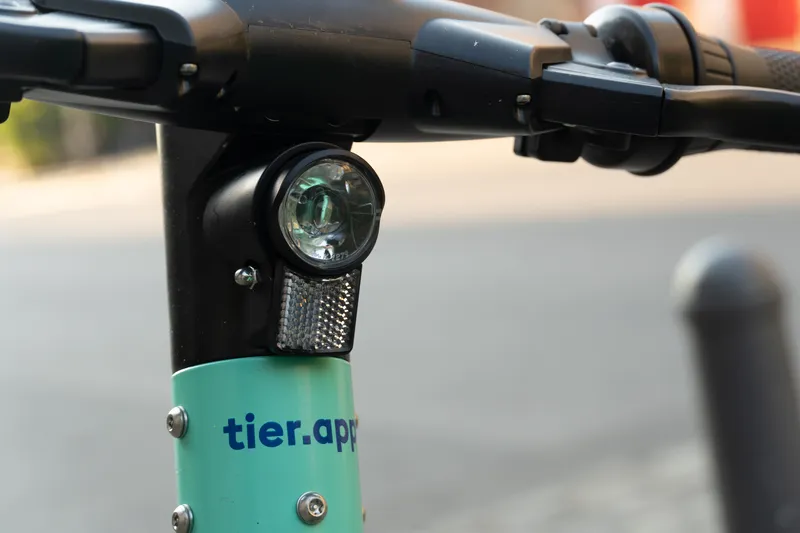Citizens of Gothenburg can travel on a self-driving bus between Chalmers University of Technology’s main entrance and its library until 1 June. The trial is intended to assess the technology and user behaviour to examine the potential of self-driving vehicles.
The project is part of the Swedish government’s co-operation programme called Next Generation Travel and Transport which seeks to modernise current systems for transporting people and goods. The self-driving bus service is partly funded by government agency Vinnova and public-private partnership Drive Sweden.
Research institute Rise is leading the project. The self-driving bus runs on electricity and offers silent travel.
The self-driving bus will also be tested in Lindholmen Science Park this autumn for six months.
Self-driving bus operating at Chalmers University of Technology
Citizens of Gothenburg can travel on a self-driving bus between Chalmers University of Technology’s main entrance and its library until 1 June. The trial is intended to assess the technology and user behaviour to examine the potential of self-driving vehicles. The project is part of the Swedish government’s co-operation programme called Next Generation Travel and Transport which seeks to modernise current systems for transporting people and goods. The self-driving bus service is partly funded by government
May 22, 2018
Read time: 1 min










